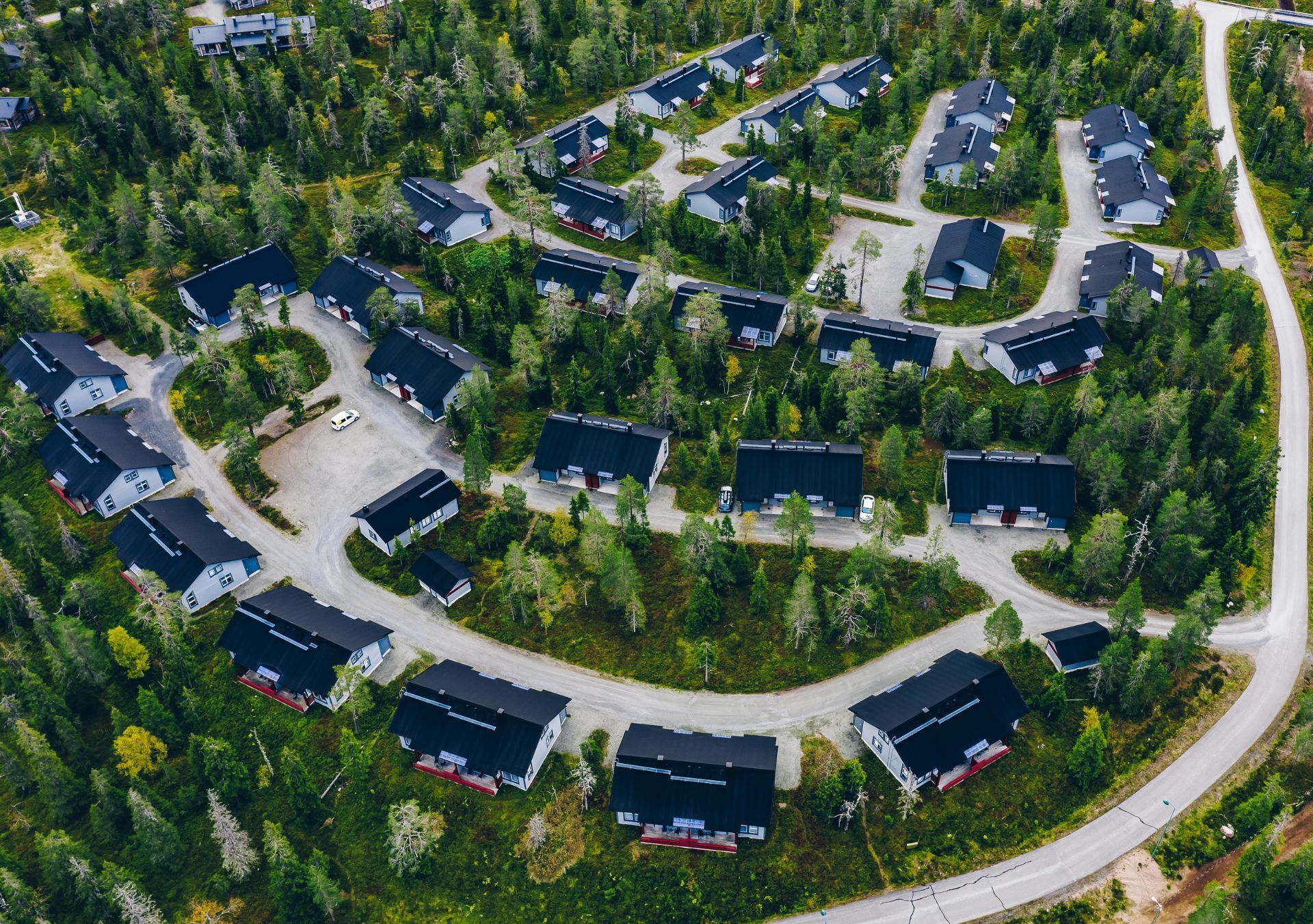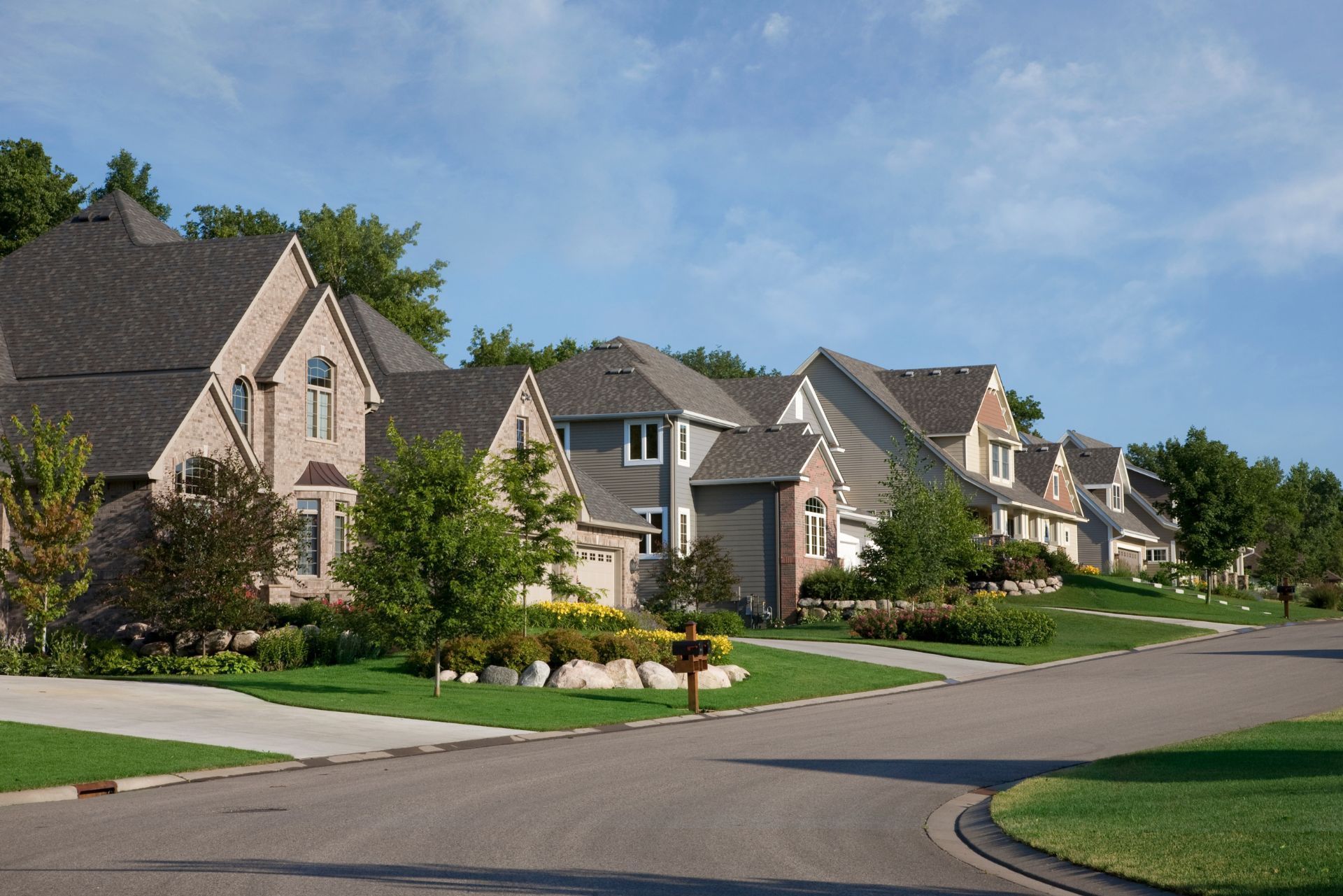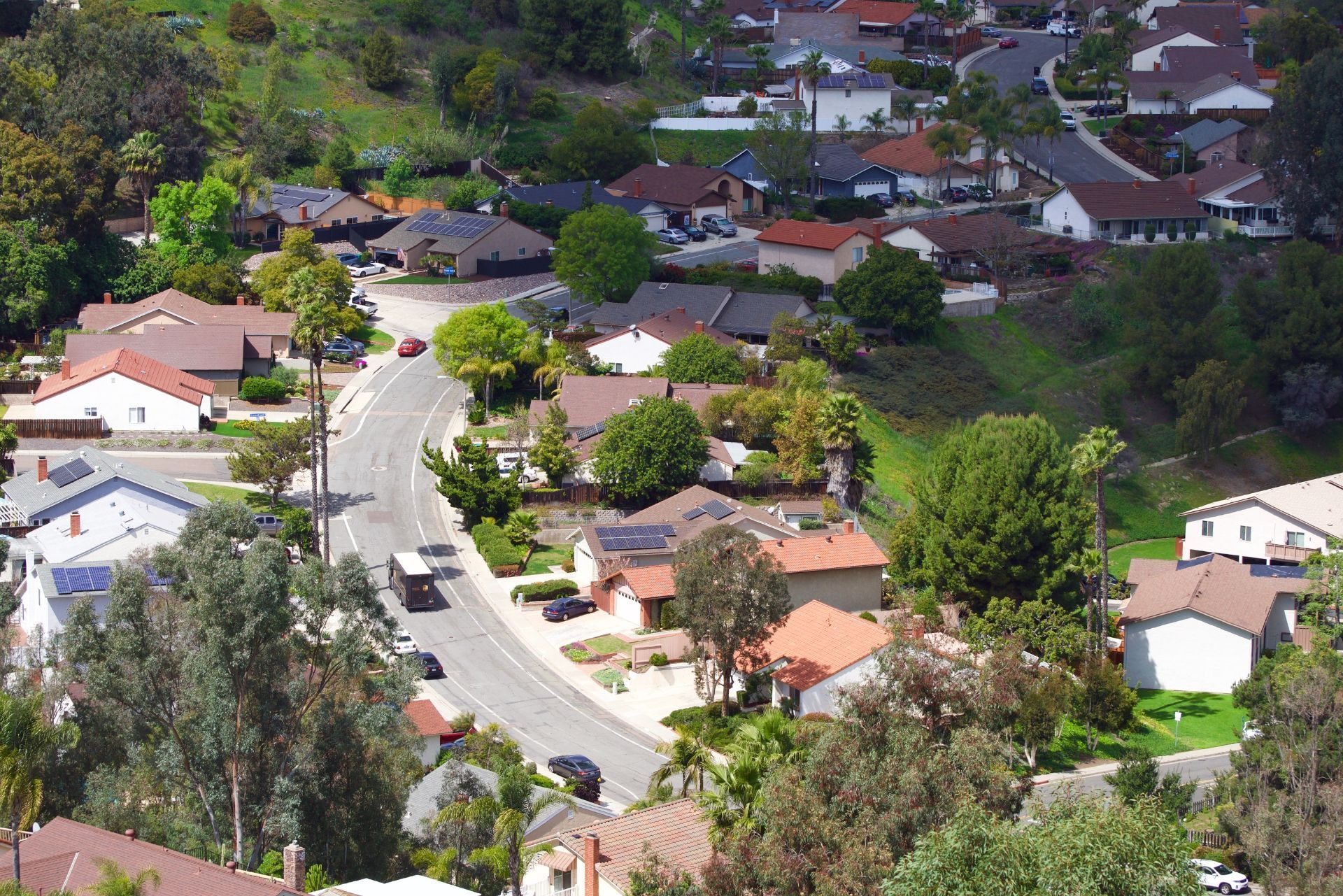
Most Common Business Policies
Index
Contact Us
Homeowners Associations (HOAs) play a crucial role in managing and maintaining communities across Arizona. With the responsibility of overseeing shared amenities, landscaping, and community rules, HOAs also face unique risks and challenges. One of the most important aspects of managing an HOA is ensuring that the association is adequately insured. This article delves into the essentials of Arizona HOA insurance, covering everything from types of coverage to claims processes.
Understanding HOA Insurance
HOA insurance is a specialized type of insurance designed to protect homeowners associations and their members from various risks. It covers common areas, amenities, and liability issues that may arise within the community. Understanding the nuances of HOA insurance is crucial for board members and homeowners alike.
What Does HOA Insurance Cover?
HOA insurance typically includes several key components, each serving a specific purpose. The most common types of coverage include:
- Property Coverage: This protects the physical assets owned by the HOA, such as clubhouses, pools, and landscaping. In the event of damage due to fire, vandalism, or natural disasters, this coverage ensures that the association can repair or replace these assets.
- Liability Coverage: This is vital for protecting the HOA against lawsuits arising from injuries or damages that occur on common property. If a resident or visitor is injured while using a community facility, liability coverage helps cover legal fees and settlements.
- Directors and Officers (D&O) Insurance: This type of coverage protects board members from personal liability for decisions made while managing the HOA. It is essential for attracting qualified individuals to serve on the board without the fear of personal financial repercussions.
Why Is HOA Insurance Important?
Having adequate insurance is not just a regulatory requirement; it is a critical component of risk management for any HOA. Without proper coverage, an association may face significant financial burdens in the event of an accident, lawsuit, or disaster. This can lead to increased assessments for homeowners or, in severe cases, bankruptcy of the association.
Moreover, insurance can enhance the community's appeal to potential buyers. A well-insured HOA demonstrates financial responsibility and stability, which can be attractive features for prospective homeowners.
In addition to the financial protection it offers, HOA insurance fosters a sense of security within the community. Homeowners are more likely to feel comfortable and confident in their living environment when they know that their association is prepared for unforeseen events. This peace of mind can lead to stronger community ties and increased participation in HOA meetings and activities, as residents feel invested in the well-being of their shared spaces.
Furthermore, understanding the specifics of HOA insurance can empower homeowners to make informed decisions regarding their own personal insurance policies. Many homeowners may not realize that their individual homeowner's insurance may not cover damages to common areas or liabilities that arise from shared amenities. By comprehensively understanding HOA insurance, residents can better align their personal coverage with the protections offered by the association, ensuring they are fully safeguarded against potential risks.

Types of Insurance Policies for HOAs
HOAs in Arizona can choose from several types of insurance policies, each tailored to meet specific needs. Understanding these options is crucial for selecting the right coverage.
Master Policy vs. Individual Policies
HOAs generally have the option to purchase a master policy or encourage homeowners to obtain individual policies. A master policy covers common areas and shared structures, while individual policies are the responsibility of homeowners to protect their personal property and liability.
Many HOAs opt for a master policy to simplify coverage and ensure that all common areas are insured. However, homeowners should still consider obtaining individual policies to cover their personal belongings and provide additional liability protection. This dual approach not only safeguards the community's shared assets but also empowers homeowners to customize their coverage according to their unique needs, which can vary significantly from one household to another.
Additional Coverage Options
In addition to standard coverage, HOAs may want to consider additional options such as:
- Flood Insurance: Essential for communities in flood-prone areas, this coverage protects against water damage that standard policies may not cover.
- Earthquake Insurance: Arizona is not known for earthquakes, but certain areas may still be at risk. This coverage can be a prudent choice for added peace of mind.
- Umbrella Insurance: This provides an extra layer of liability protection beyond the limits of standard policies, which can be beneficial in high-risk communities.
Moreover, HOAs might also explore specialized policies such as Directors and Officers (D&O) insurance, which protects board members from personal liability in the event of lawsuits arising from their decisions. This is particularly important in communities where board members volunteer their time and expertise, as it encourages active participation without the fear of personal financial repercussions. Additionally, crime insurance can be a wise investment, safeguarding the HOA against losses resulting from theft or fraud, which can be especially relevant in larger communities where financial transactions are frequent.
Understanding these additional coverage options allows HOAs to create a comprehensive risk management strategy. By evaluating the specific risks associated with their community, including natural disasters or potential liability claims, HOAs can tailor their insurance policies to ensure robust protection for both the organization and its members. This proactive approach not only enhances the safety and security of the community but also fosters a sense of trust and collaboration among residents, knowing that their interests are well protected.
Factors Affecting HOA Insurance Costs
The cost of HOA insurance in Arizona can vary significantly based on several factors. Understanding these elements can help associations budget effectively and find the best coverage options.
Location and Property Value
The geographical location of the HOA and the value of the property play a significant role in determining insurance premiums. Areas prone to natural disasters, such as floods or wildfires, may face higher rates due to increased risk. Additionally, the overall value of the community's assets can influence costs, as higher-value properties typically require more extensive coverage. For instance, a community located in a scenic but wildfire-prone area may need to invest in additional fire protection measures, which can also affect insurance rates. Furthermore, urban areas with higher crime rates might see increased premiums as well, necessitating a careful evaluation of both location and property value when seeking insurance.
Claims History
Insurance companies often assess an HOA's claims history when determining premiums. Associations with a history of frequent claims may face higher rates, while those with minimal claims can benefit from lower premiums. Maintaining a good claims history is essential for keeping costs manageable. To improve their claims history, HOAs can implement proactive risk management strategies, such as regular property inspections and maintenance, which can help identify potential issues before they escalate into claims. Additionally, educating residents about safety measures and encouraging them to report incidents promptly can further enhance the community's risk profile.
Community Features
The amenities and features of a community can also impact insurance costs. Communities with swimming pools, fitness centers, or playgrounds may face higher liability risks, leading to increased premiums. Conversely, communities with fewer amenities may enjoy lower rates. However, it’s important to note that even seemingly innocuous features, like walking trails or common areas, can introduce liability concerns if not properly maintained. Regular safety audits and maintenance schedules can mitigate these risks, potentially leading to lower insurance costs over time. Additionally, some insurance providers may offer discounts for communities that implement safety measures, such as installing security cameras or hiring on-site personnel to monitor communal spaces, further influencing the overall insurance landscape for the HOA.
Choosing the Right Insurance Provider
Selecting the right insurance provider is crucial for ensuring that an HOA has the coverage it needs. Here are some key considerations when evaluating potential insurers.
Experience and Reputation
When looking for an insurance provider, it's essential to consider their experience and reputation in the industry. Providers that specialize in HOA insurance are often better equipped to understand the unique needs and risks associated with these communities. Researching customer reviews and testimonials can provide insight into the insurer's reliability and service quality. Additionally, it may be beneficial to check if the provider has received any industry awards or recognitions, as these accolades can indicate a commitment to excellence and customer satisfaction. Engaging with other HOA boards to gather their experiences can also yield valuable information about potential insurers.
Coverage Options and Flexibility
Different insurance providers offer various coverage options, so it's essential to choose one that can tailor a policy to meet the specific needs of the HOA. Flexibility in coverage allows associations to adjust their policies as their needs change over time. For instance, as the community grows or undergoes renovations, the insurance needs may evolve, necessitating updates to the policy. It's also worth exploring whether the insurer provides additional services, such as risk management consultations or educational resources, which can further enhance the HOA's understanding of their coverage and help mitigate potential risks.
Cost and Value
While cost is an important factor, it should not be the sole consideration. It's essential to evaluate the value of the coverage being offered. A lower premium may come with inadequate coverage or high deductibles, which could ultimately lead to higher costs in the event of a claim. Moreover, understanding the claims process and the insurer's responsiveness can provide insight into the overall value of the policy. Some insurers may offer bundled services or discounts for multiple policies, which can enhance affordability while ensuring comprehensive coverage. It’s prudent to conduct a thorough comparison of quotes and coverage details from multiple providers to make an informed decision that balances cost with adequate protection for the community's assets and members.

The Claims Process
Understanding the claims process is vital for any HOA. Knowing how to file a claim and what to expect can help associations navigate potential challenges more effectively. A well-informed HOA can mitigate risks and ensure that they are adequately protected against unforeseen events, ultimately fostering a sense of security within the community.
Steps to File a Claim
When an incident occurs that may require filing a claim, the HOA should follow these general steps:
- Document the Incident: Gather all relevant information, including photographs, witness statements, and any other documentation that can support the claim. This initial step is crucial, as it lays the foundation for the entire claims process and can significantly influence the outcome.
- Notify the Insurance Provider: Contact the insurance company as soon as possible to report the incident. Provide them with all necessary details and documentation. Prompt notification can help expedite the claims process and demonstrate the HOA's commitment to transparency.
- Follow Up: Stay in communication with the insurance provider throughout the claims process. Be prepared to provide additional information if requested. Regular follow-ups can help ensure that the claim is being processed in a timely manner and can also provide peace of mind to the HOA.
Common Challenges in the Claims Process
HOAs may face several challenges when navigating the claims process, including:
- Delays in Processing: Insurance claims can sometimes take longer than expected to process, leading to frustration for the HOA. These delays can be exacerbated by high volumes of claims following widespread incidents, such as natural disasters, which can stretch resources thin.
- Disputes Over Coverage: Disagreements may arise regarding what is covered under the policy, leading to potential disputes. It's essential for HOAs to thoroughly review their insurance policies and understand the specifics of their coverage to minimize misunderstandings.
- Insufficient Documentation: Failing to provide adequate documentation can result in claim denials or reduced payouts. HOAs should establish a clear protocol for documentation and ensure that all members are aware of the importance of thorough record-keeping.
Moreover, it is beneficial for HOAs to engage in regular training sessions or workshops focused on risk management and insurance literacy. By educating board members and community members about the intricacies of the claims process, associations can foster a proactive approach to risk management. This not only prepares them for potential claims but also enhances overall community awareness regarding insurance matters.
Additionally, establishing a relationship with a knowledgeable insurance agent can provide valuable insights into the claims process. An experienced agent can help navigate complex policy language, advise on the best practices for filing claims, and assist in understanding the nuances of coverage. This partnership can be instrumental in ensuring that the HOA is adequately prepared for any incidents that may arise, ultimately safeguarding the interests of the community.
Legal Considerations for HOAs
HOAs must navigate various legal considerations when it comes to insurance. Understanding these aspects is crucial for effective management and risk mitigation.
State Regulations
Arizona has specific regulations governing homeowners associations, including requirements for insurance coverage. Familiarity with these regulations ensures that the HOA remains compliant and adequately protected. Associations should consult legal experts or insurance professionals to understand their obligations fully.
Liability Issues
Liability is a significant concern for HOAs, especially regarding accidents or injuries that occur on common property. Understanding the legal implications of liability can help associations implement safety measures and reduce risks. Regular inspections and maintenance of common areas can mitigate potential liability issues.
Best Practices for Managing HOA Insurance
Effective management of HOA insurance is essential for protecting the community and its members. Here are some best practices to consider.
Regular Policy Reviews
HOAs should conduct regular reviews of their insurance policies to ensure that coverage remains adequate as the community evolves. Changes in property values, amenities, or regulations may necessitate adjustments to the policy.
Educating Homeowners
Educating homeowners about the importance of HOA insurance and their individual responsibilities can foster a sense of community and accountability. Providing resources and information can help homeowners understand their coverage options and the role of the HOA in managing risks.
Working with Professionals
Engaging with insurance professionals, legal advisors, and risk management experts can provide valuable insights and guidance. These professionals can help HOAs navigate complex insurance landscapes and make informed decisions regarding coverage and risk management.
Conclusion
Arizona HOA insurance is a critical component of effective community management. By understanding the types of coverage available, the factors affecting costs, and the claims process, homeowners associations can protect their assets and members. Regular reviews, education, and professional guidance are essential for ensuring that an HOA remains adequately insured and prepared for any challenges that may arise.
Ultimately, a well-informed HOA can foster a thriving community, providing peace of mind for homeowners and enhancing the overall quality of life in the neighborhood.
